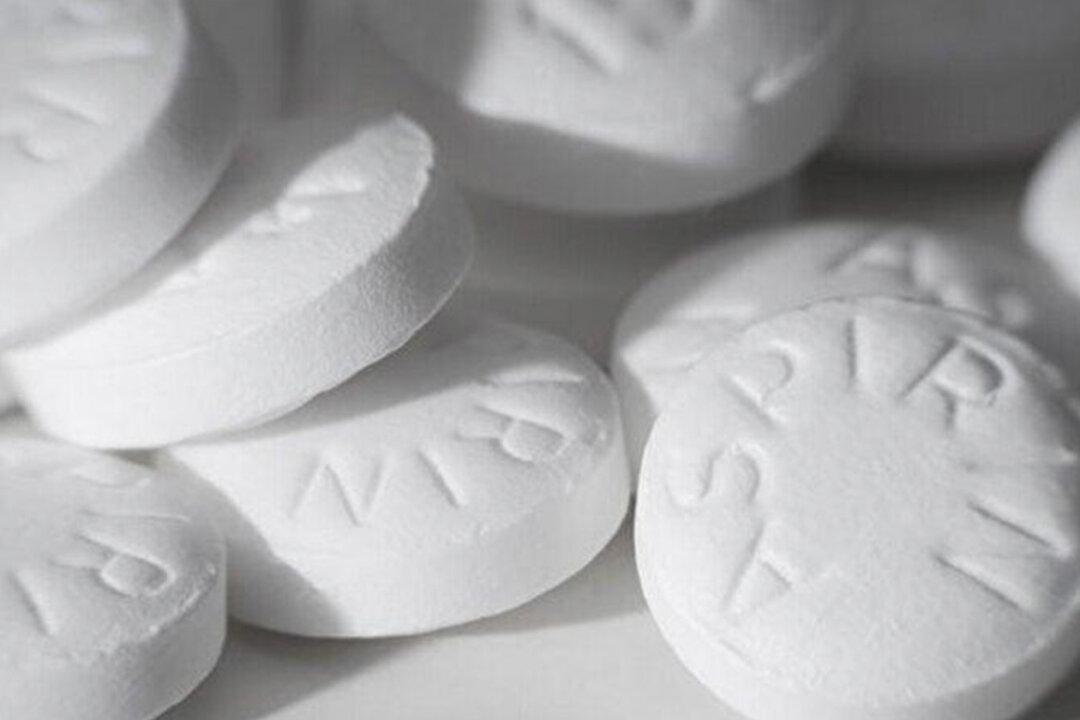Cinnamon is the second-most popular spice after black pepper in the United States, especially during fall and winter. People enjoy using cinnamon to elevate the taste of food. Did you know the cinnamon in your favorite gingerbread latte was once considered a rare, high-end, luxurious item that only noble pharaohs could enjoy?
In ancient China, cinnamon was widely used for treating multiple diseases. Recent studies have found that cinnamon has anti-inflammatory, antibacterial, antioxidant, and anti-tumor effects. It reduces the risk of diabetes and Alzheimer’s disease.






